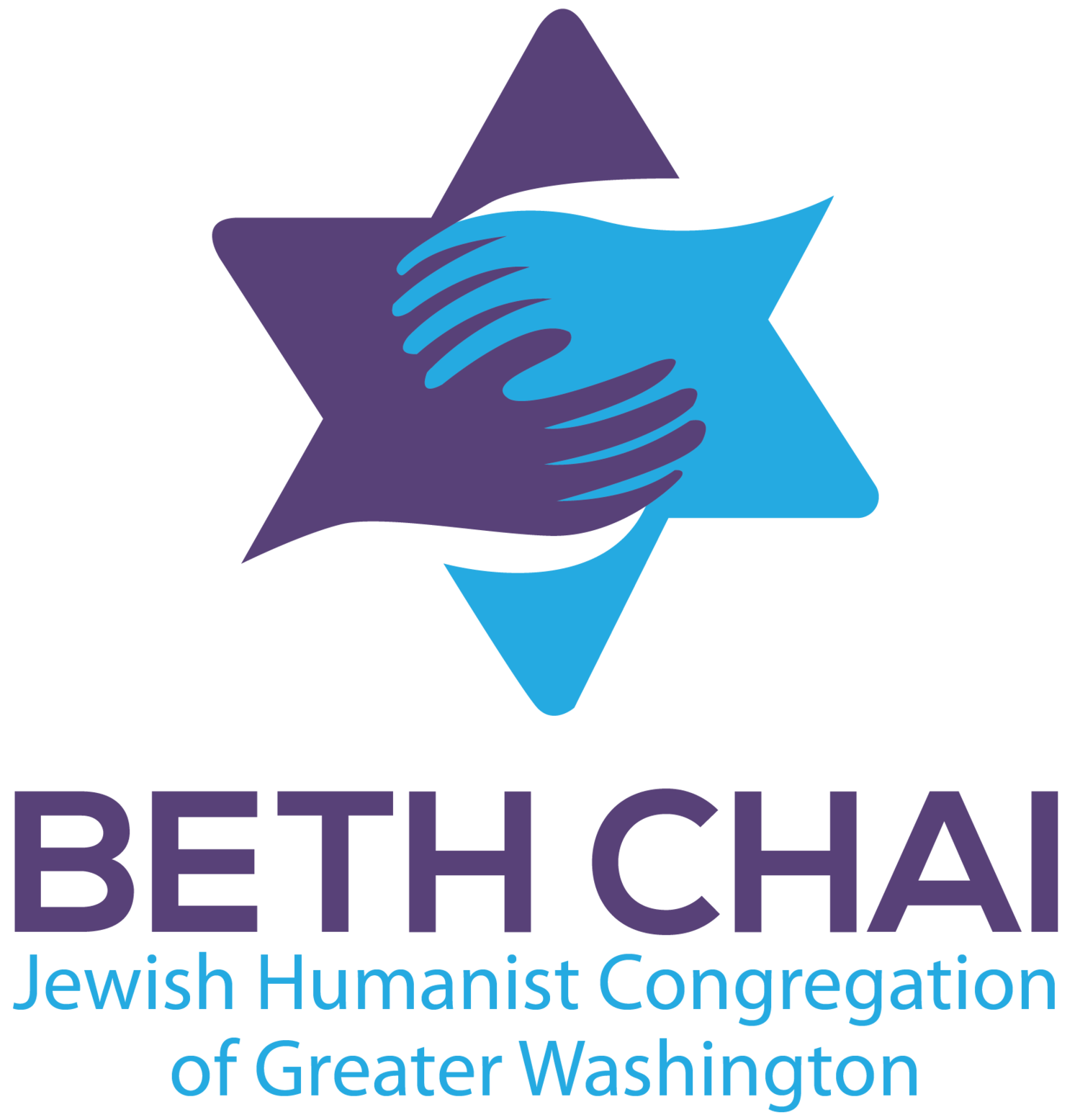Labor Day: The Most Jewish National Celebration
Labor Day: The Most Jewish National Celebration
Did you know that the Torah forbids withholding wages from a worker even for a day?
And the Torah tells us explicitly that we must treat employees with fairness?
And Shabbat, a day of rest from laboring, is required for all people, even the most menial worker?
Labor Day has been called “the most Jewish of national celebrations.” Many of the earliest labor and union leaders – Rose Schneiderman, Pauline Newman, Clara Leimlich, Samuel Gompers, Sidney Hill – were Jewish. The legacy of Jewish involvement in the labor movement continues today, with union leaders like Randi Weingarten, president of the American Federation of Teachers. Jewish groups, like the Jewish Labor Committee, are at the forefront of advocating for issues like a living wage, pay equity, and family medical leave.
Some Nitty-Gritty Jewish Texts
“Labor” is prohibited on Shabbat, and so Jewish texts make it clear what labor is and what it is not. The Mishnah, the first collection of rabbinic laws, lists “forty primary labor categories less one” – in other words, thirty-nine categories of labor-including plowing, spinning, weaving, writing, erasing, and a whole host of activities. (If we wrote up 39 categories of work today, I am sure it would include Zoom meetings, clearing paper jams, and spreadsheets.)
Most of the traditional thirty-nine categories are straightforward physical acts. One, though, stands out as different. The rabbis considered putting the final finishing touches on a project to be labor. Completion was deemed more labor-intensive than the rest of the project.
What does completion mean to the rabbis?
Imagine you have purchased a new pair of shoes but they came without shoelaces. You are prohibited from threading laces through the shoes on Shabbat. The rationale – you are completing the shoes by doing so. In contrast, if you have an old pair of shoes, you can replace the shoelaces on Shabbat.
Why?
There are many answers offered in Jewish texts. In my experience, finishing something often requires mental energy. It means saying a small – or large – farewell. Have you ever completed something and felt it as a bittersweet moment? Also, once we complete something, we are apt to start something new, which requires new energy and creativity, or in other words, “labor.”
Judaism certainly recognizes that we don’t always, or even often, reach completion. Consider Rabbi Tarfon’s famous statement from Pirke Avot: “It is not your duty to finish the work, but neither are you free to not begin it.” Look at the number of work categories: “forty less.” Forty is a full number in Jewish lore – 40 years wandering in the desert, a flood for 40 days, Moses on Mt. Sinai for 40 days. . . and the list goes on. Thirty-nine, therefore, is slightly lacking.
So, now let’s go back to Labor Day. Hasn’t Labor Day become the official last hurrah of summer? It’s the day that says, “No, summer isn’t yet complete.” Instead of completing without fanfare, Labor Day gives us a chance to relax, reflect, and get ready for the next big project. And I am happy that it does.
Have a good Labor Day!
